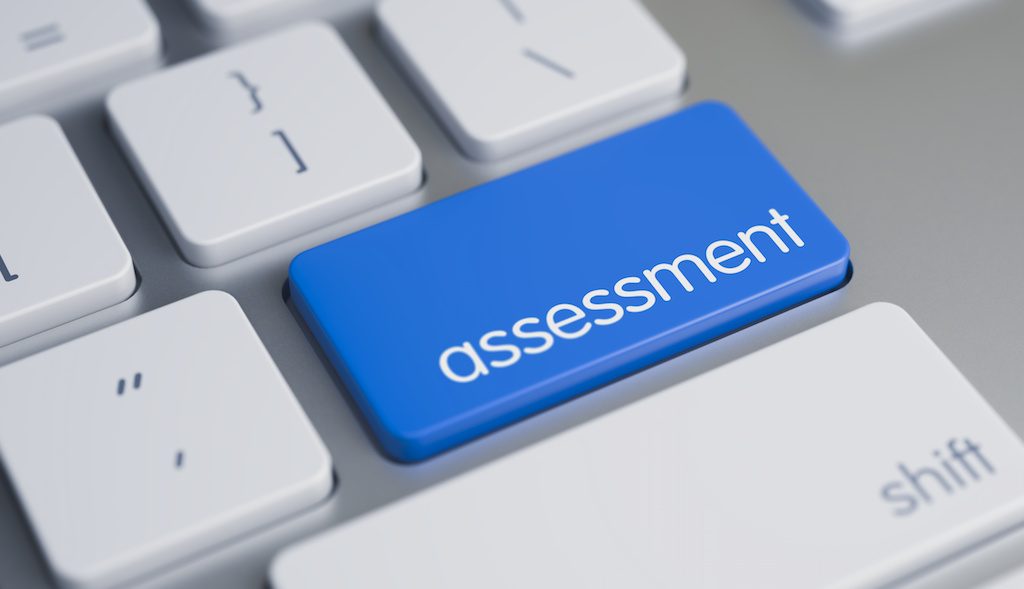Times Higher Education (THE) published an article about the impact of the coronavirus pandemic on the assessment of learning in colleges and universities. Steve Masters, Education 4.0 Lead at Jisc (formerly the Joint Information Systems Committee), stated, “Universities’ first challenge was to get remote working up and running and get learning out there during this ‘triage’ period, but there’s a disconnect between what we need to do for students moving forward and what’s happening now.” Masters believes that as universities prepare for the possibility of teaching online in the fall, online assessment will need to be on the agenda.
I couldn’t agree more with Mr. Masters. Ironically, universities like APUS that have operated largely online have had to become experts at learning assessment over the decades in order to demonstrate the effectiveness of online teaching and learning, which was heavily criticized by non-adopters in its early years.
Embracing assessment led us to implement tools and a framework like the Degree Qualifications Profile. When these tools and framework were implemented, they used the same assessments to evaluate courses and degree programs, regardless of the form of instruction.
THE writes that the data infrastructure universities have in place will play a key role in how quickly they shift to online education. Having a Learning Management System (LMS) is a good start, and my assumption is that most U.S. universities had learning management systems in place prior to the coronavirus pandemic.
Whether they used them properly or not is a different story, however. In fact, an organized collection of all assessments is not possible unless an institution requires its faculty to utilize the LMS or its electronic equivalent as the repository for each course’s syllabus, assignments, quizzes, exams, papers, and other assessments. Masters refers to this stream of data as an “exhaust” where the output is captured to better predict outcomes and improve student retention.
During last spring’s migration of college and universities to online teaching, discussions varied about ways to deal with plagiarism. Institutions with robust online learning options appeared confident in their approaches, using options like Turnitin to detect plagiarism in writing and proctored exams.
Other institutions may have looked the other way or changed their grading from letter grades to pass/fail to avoid some of the pitfalls of totally ignoring assessment security. Masters notes that universities need to strike a balance between reducing workloads and ensuring assessment integrity. Artificial intelligence and approaches such as adaptive comparative judgement can help automate some elements of learning assessment.
As we move into the fall semester of 2020, I hope the academic leadership teams at many traditional universities will stand back and look at the opportunities available with the conversion of many courses to online education. In the U.S., universities with substantial online programs have led the way in the digitization of assessments and implementation of frameworks and tools to evaluate learning outcomes and to improve student retention.
With the educational business model disrupted for an unpredictable period of time, those institutions that can afford to should embrace the situation and implement a far more comprehensive, advanced assessment structure than it was possible to do before the coronavirus pandemic. That change will benefit the institution and the student, and a win-win is hard to find in these disruptive days.











